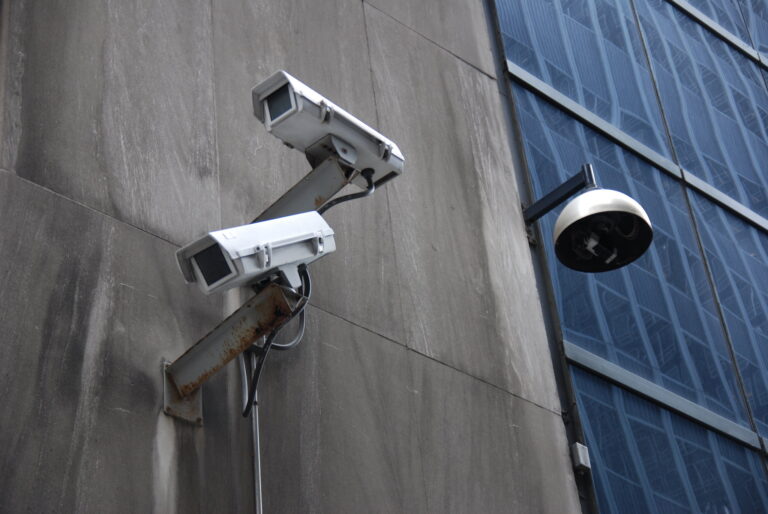Published on May 25, 2022

Facial recognition is making a comeback in the United States as bans to thwart the technology and curb racial bias in policing come under threat amid a surge in crime and increased lobbying from developers.
Virginia in July will eliminate its prohibition on local police use of facial recognition a year after approving it, and California and the city of New Orleans as soon as this month could be next to hit the undo button.
Virginia approved its ban through a process that limited input from facial recognition developers. This year, company lobbyists came prepared to advance legislation that better balanced individual liberties with police investigation needs, said State Senator Scott Surovell.
Beginning July 1, police can use facial recognition tools that achieve 98% or higher accuracy in at least one NIST test with minimal variation across demographics.
NIST declined to comment, citing practice against discussing legislation.
Tech critics said the standard is well-intentioned but imperfect and that warrants should be required for facial recognition use.
“Addressing discriminatory policing by double-checking the algorithm is a bit like trying to solve police brutality by checking the gun isn’t racist: strictly speaking it’s better than the alternative, but the real problem is the person holding it,” said Os Keyes, an Ada Lovelace Fellow at University of Washington.
Continue reading at Reuters.
Originally written by Paresh Dave for Reuters.